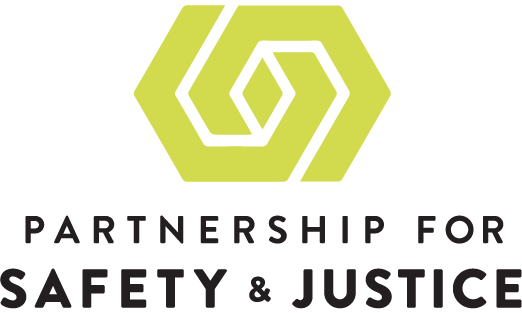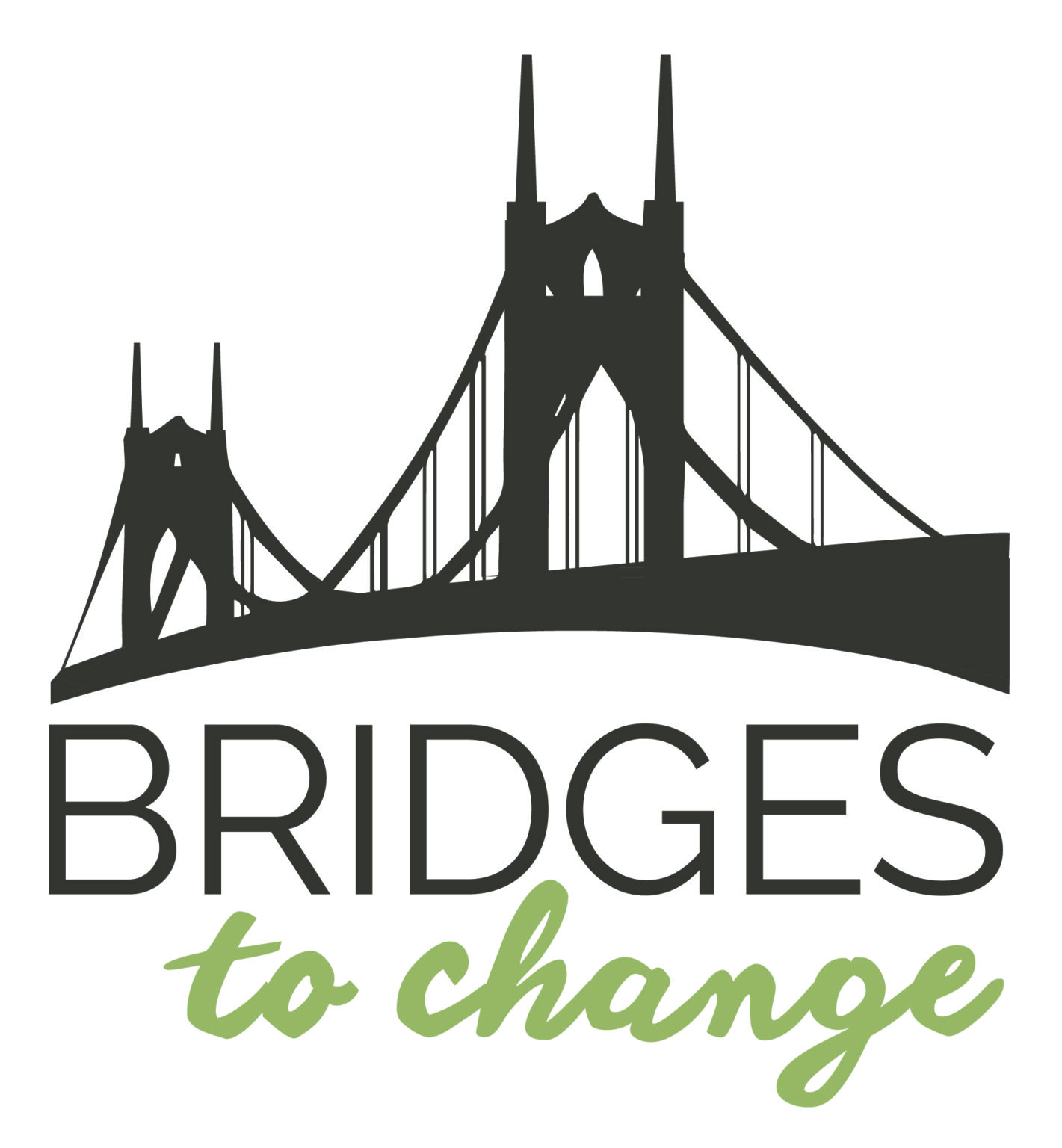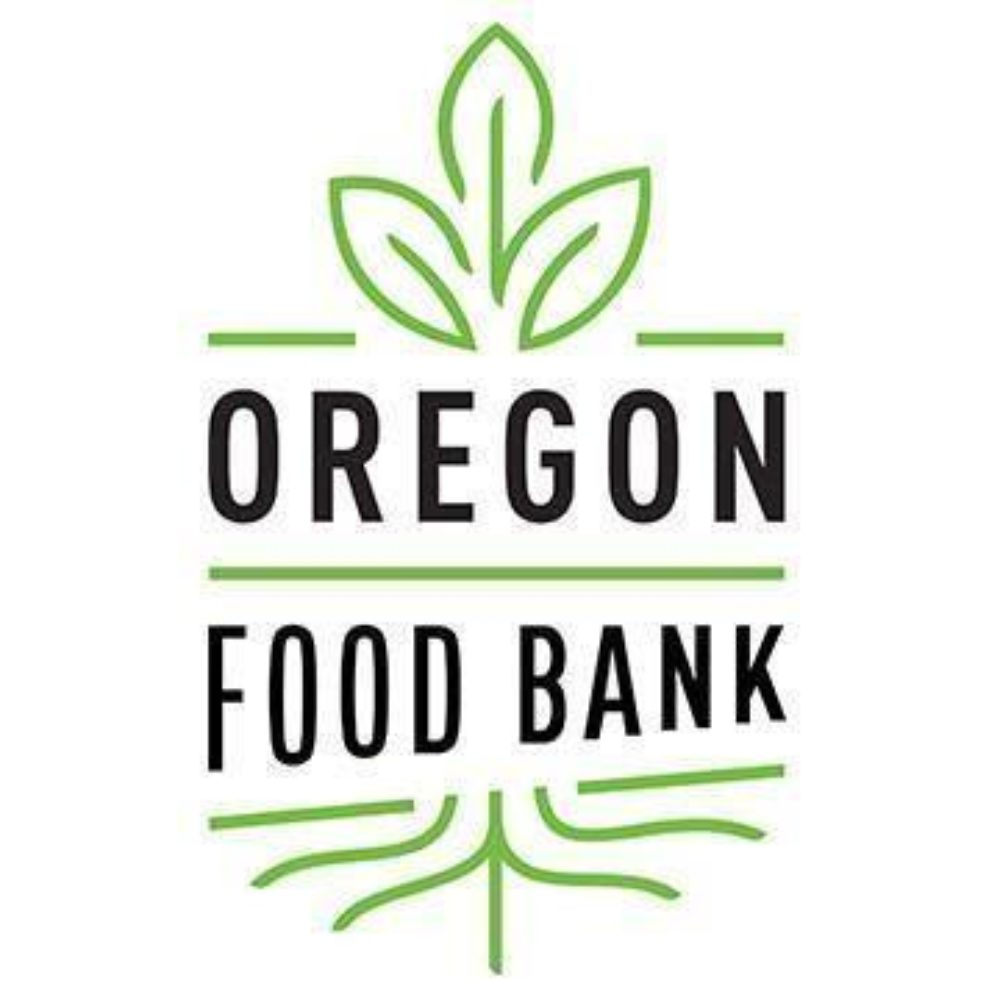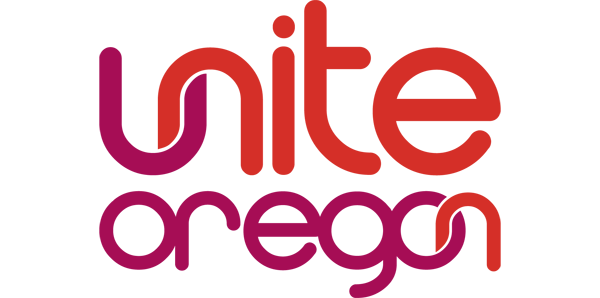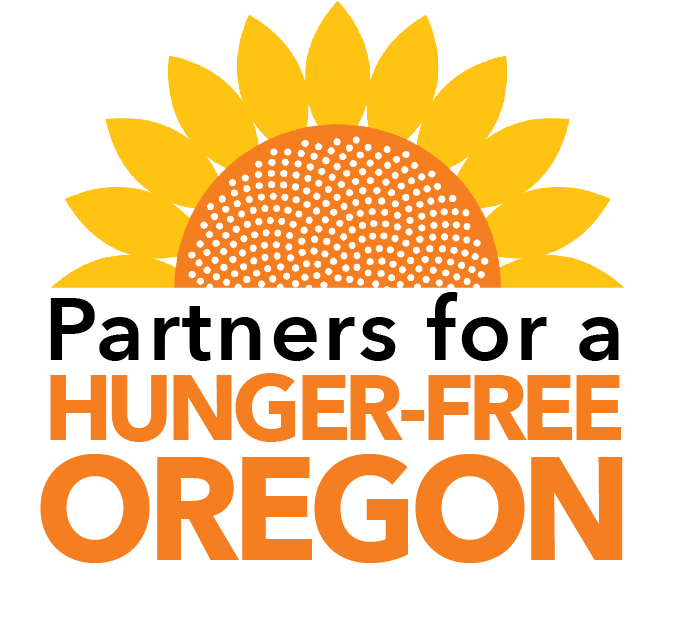For a Safer Portland
Don’t overuse jails. Use treatment.
A big part of making communities safer is making sure people who need mental health or addiction treatment get it. But that’s not what jails do.
People who want help leave jail worse than before, leading to more homelessness and other crises. We can do better than just throwing people in jail.
We need to build a better system so that people get the treatment they need in settings that work.
That’s what will keep our communities safe.
“Jails do not work to address addiction and mental health services. To make our cities safer, we need to provide rapid access to care.”
Monta Knudson, Substance abuse counselor
More safety. Fewer jails.
Frequently asked questions about how we can make our communities safer with healing, not punishment.
Why aren't jails helpful at addressing the mental health and substance abuse crises we see on the streets?
Among adults in custody in the criminal justice system, most report that they struggled with drugs or alcohol, and only a quarter of them found addiction services while in jail. In 2022, over 80% of people released from Oregon's prisons needed drug treatment and didn't receive it; more than half of those people were rearrested within 3 years (1).
How do I know alternatives to jail will actually work?
Here's what the research tells us: Diversion programs produce better long-term outcomes than jail or prison time. A recent study of a diversion program in Texas found that people who got treatment were 48% less likely to be convicted again, it improved their employment outcomes by 53% (2).
When someone battles a condition that requires help, our priority should be to make sure they get it.
Why won't harsher sentences help make us safer?
Harsh sentencing for drug-related offenses doesn’t create safer communities. In fact, regardless of sentencing, there is no impact on the likelihood that a person will be charged again for a future crime (3). At the same time, prison costs increase significantly (3), and the odds of finding employment goes down for people who are formerly incarcerated (4).
When people are involved in addiction-driven crimes, they need addiction treatment.
Our coalition.
Our coalition of nonprofit organizations works in Portland and across Oregon to advance community safety that relies less on jails and more on healing, housing, and treatment. Together we advocate for solutions that promote racial justice, healthcare, and crime victims’ services.
Learn about us and how you can support our work!
Partnership for Safety and Justice
About Partnership for Safety and Justice
Partnership for Safety and Justice is transforming our response to harm with healing. We're building public safety and criminal justice systems that better serve survivors of crime, people convicted of crime, and the families and communities of both.
Bridges to Change
About Bridges to Change
Bridges to Change supports people on their path to recovery through peer delivered services and stable housing.
Oregon Food Bank
About Oregon Food Bank
To eliminate hunger and its root causes because no one should be hungry. We cannot eliminate hunger without eliminating the root causes of hunger. That’s why we work across systems to achieve our mission, and why we center racial and social justice in everything we do.
Unite Oregon
About Unite Oregon
Led by people of color, immigrants and refugees, rural communities, and people experiencing poverty, we work across Oregon to build a unified intercultural movement for justice.
Coalition of Communities of Color
About Coalition of Communities of Color
The Coalition of Communities of Color's mission is to address the socioeconomic disparities, institutional racism, and inequity of services experienced by our families, children and communities; and to organize our communities for collective action resulting in social change to obtain self-determination, wellness, justice and prosperity.
Basic Rights Oregon
About Basic Rights Oregon
Basic Rights Oregon advocates for legal and lived equality for all LGBTQ2SIA+ Oregonians.
Partners for a Hunger-Free Oregon
About Partners for a Hunger-Free Oregon
Partners for a Hunger-Free Oregon envisions an Oregon where everyone is healthy and thriving, with access to affordable, nourishing, and culturally-appropriate food. To bring that vision into reality, we work alongside those most impacted by hunger and poverty to advocate for systemic changes and better access to food. We believe that everyone has a right to be free from hunger.
Get Safety and Justice Delivered to Your Inbox
By signing up for our newsletter, you’ll learn about policies we’re working toward, events near you, and ways you can take action and make your voice heard.
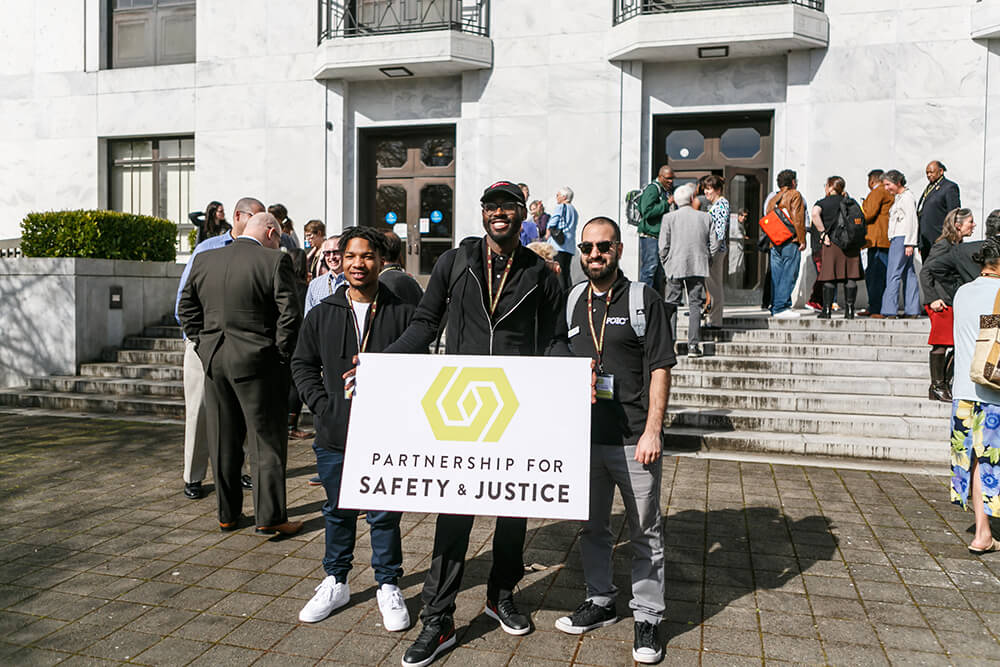
FAQ Footnotes and Data Sources
(1) “Most Oregon prisoners can’t get addiction treatment; there’s a bill to change that,” Emily Green. The Lund Report, May 8, 2023.
(2) “Diversion Programs Are a Smart, Sustainable Investment in Public Safety,” Akhi Johnson, Mustafa Ali-Smith, and Sam McCann. The Vera Institute, April 28, 2022.
(3) “Federal Drug Sentencing Laws Bring High Cost, Low Return,” Pew Charitable Trusts, August 27, 2015.
(4) “New data on formerly incarcerated people’s employment reveal labor market injustices,” Leah Wang and Wanda Bertram. Prison Policy Initiative, February 8, 2022.

